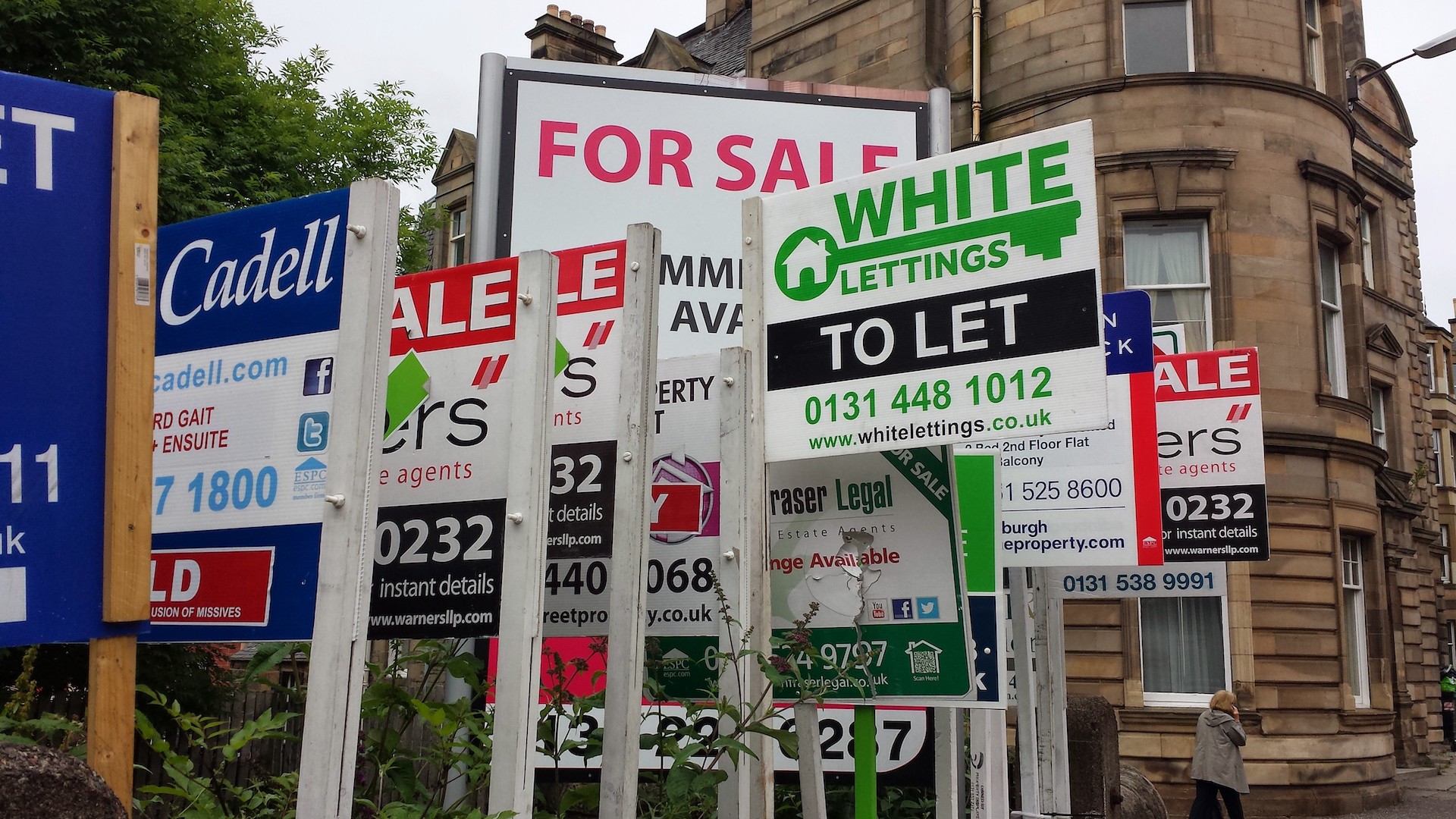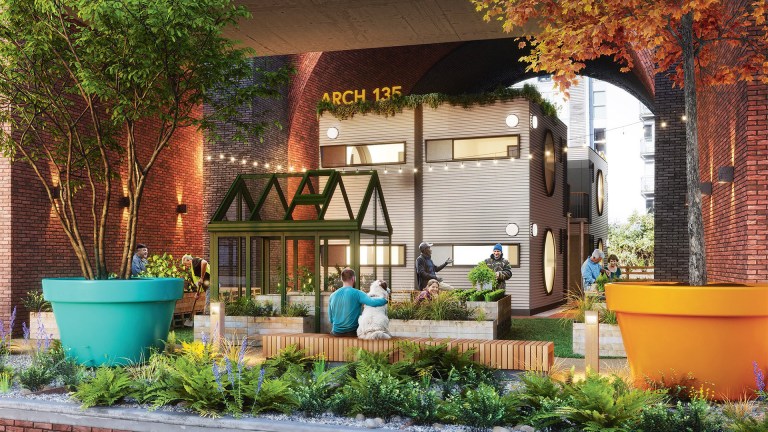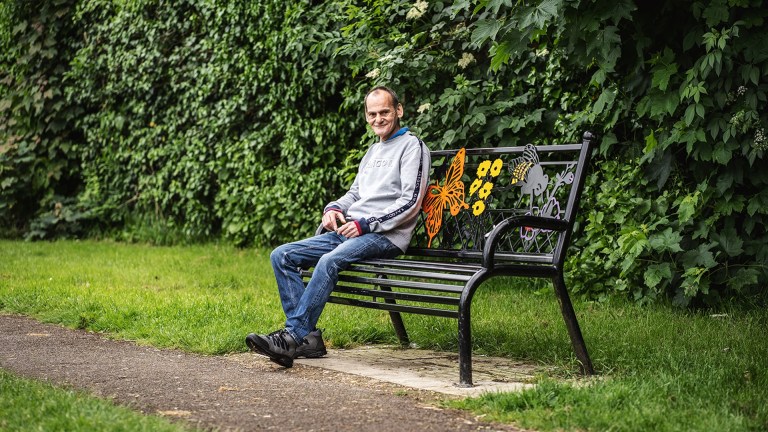Flipping homes for profit
Property flipping refers to buying and selling a house in quick succession. These homes are often renovated to increase their value.
In 2020, Hamptons International estate agents reported more than 20,000 homes (2.5 per cent of sales) sold in England and Wales had been flipped within 12 months, with an average increase in sold price of £40,995 (26 per cent). It’s a small but lucrative part of the market, one Hamptons say is taking off in the North East and North West of England.
In Cumbria, Land Registry data reveals 3 per cent of sales between January 2018 and April 2021 involve properties that sold more than once during that time. More than a third of them (36 per cent) were bought for £100,000 or less. Yet when they sell again, on average it’s within 16 months and for £28,837 more (a 46 per cent increase). Significantly, 43 per cent of them come back to market priced above £100,000.
Howe Street in the centre of Carlisle illustrates the gap house flipping can create. In 2019, one three-bedroom terraced house saw its price jump from £90,000 to £122,500 within nine months. A neighbouring three-bedroom house not renovated to the same extent sold the following year for £93,000.
While these make for eye-popping examples, Graeme MacLeod, managing director at Hunters Estate Agents in Cumbria, says low-income buyers aren’t competing with investors. “Your typical two-bedroom terrace is over a hundred years old,” he explains. There may be bargains under £80,0000 but “they’ll perhaps need upgraded heating, glazing, roof work, damp proofing. All very, very typical of houses that are a hundred years old.”
Historically, it’s been common for first-time buyers to take on some of this renovation work in return for a more affordable starter home. Property expert Kate Faulkner was one of them. She bought her first home in the 1990s: “My first property was a terrace in Croydon. You could get on the ladder, and often people did, because that property needed work.”
The cheapest homes aren’t always affordable
A low income doesn’t mean buyers have no appetite or ambition for renovation. “I don’t want to buy a house that looks like it’s out of the Next catalogue,” Carruthers says. “I want something that I can add a bit of money to.”
But if you’re not a cash buyer, a project property can raise red flags with mortgage lenders, who may want to mitigate their risk and find more ways to make sure they’ll be paid back. This rules out lower earners short on savings, while cash buyers may be able to negotiate further discounts.
Where they can afford to, it might make sense for mortgaged buyers to pay more upfront for a home that’s already been renovated. Not everyone can. And, as Carruthers is finding, these properties also catch the eye of buy to let landlords.
Affordable homes aren’t always cheapest
As renovation pushes cheaper properties off the table, they’re being replaced by so-called affordable homes instead. In the Shared Ownership and Help to Buy schemes backed by the government, Faulkner says, the state is “effectively stepping in as bank of Mum and Dad”.
Both schemes help buyers get on the housing ladder with lower deposits. And because they’re limited to newer homes, they promise to be cheaper to maintain and run, too. However both can involve additional costs and restrictions that don’t apply to buyers on the open market. Ultimately for Carruthers, however, they’re too complicated: “I’m not really that savvy. I’d rather just know that you’ve got this fixed-term mortgage, that’s what you’ll pay, and that’s it.”
This is perhaps the heart of the issue: low-income buyers face limited and more complex choices than those who buy on the open market or with help from family. People who have the privilege of starting higher up the property ladder are pulling it up behind them and doing so faster than ever.
Polly Neate, chief executive of Shelter, comments: “Two thirds of private renters have no savings at all, so there is no way they can scrape together the cash for a deposit, or afford a massive mortgage, as prices continue to creep up.” But she adds, “expensive homeownership schemes won’t fix the housing emergency. Building decent social homes that people can actually afford to live in will.”









